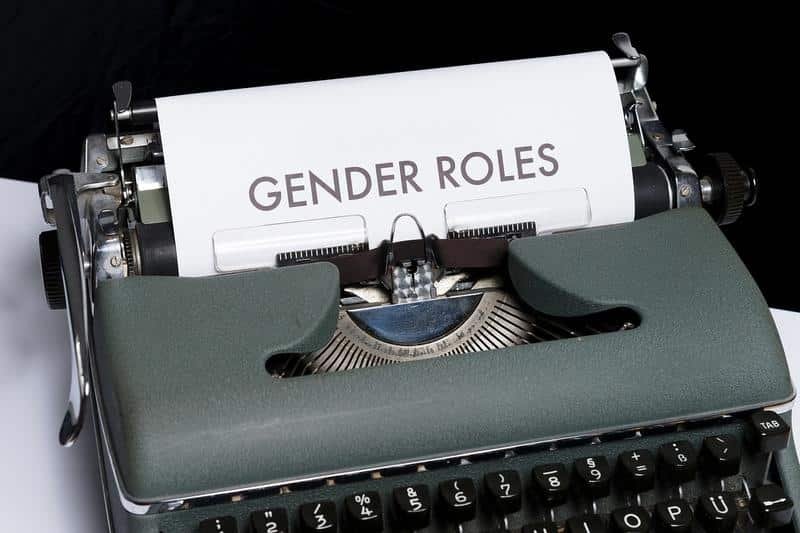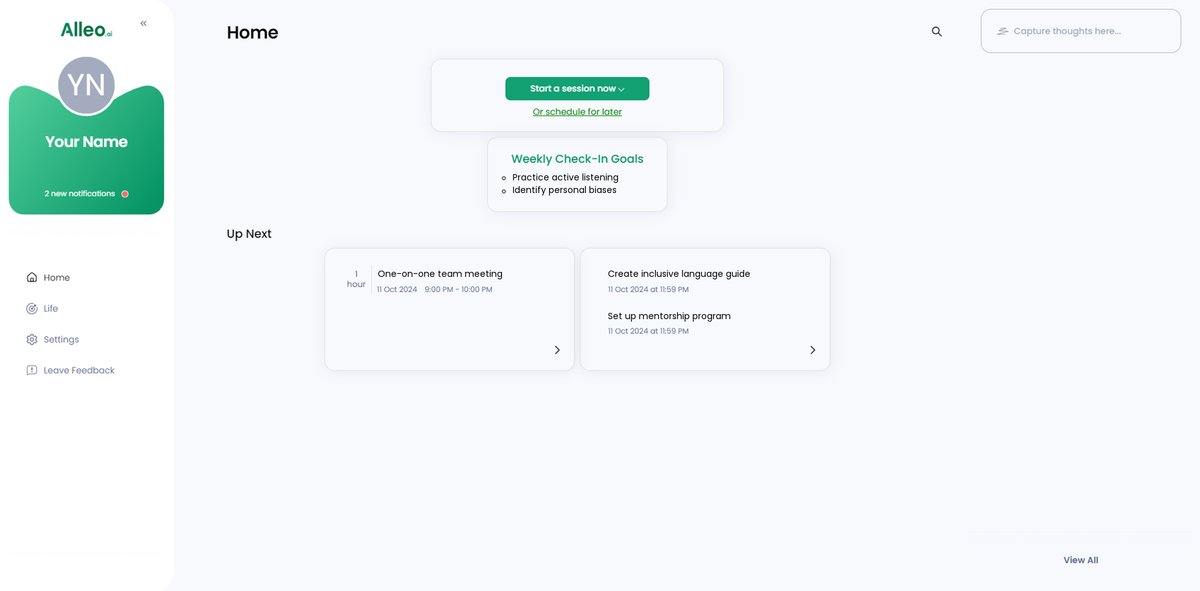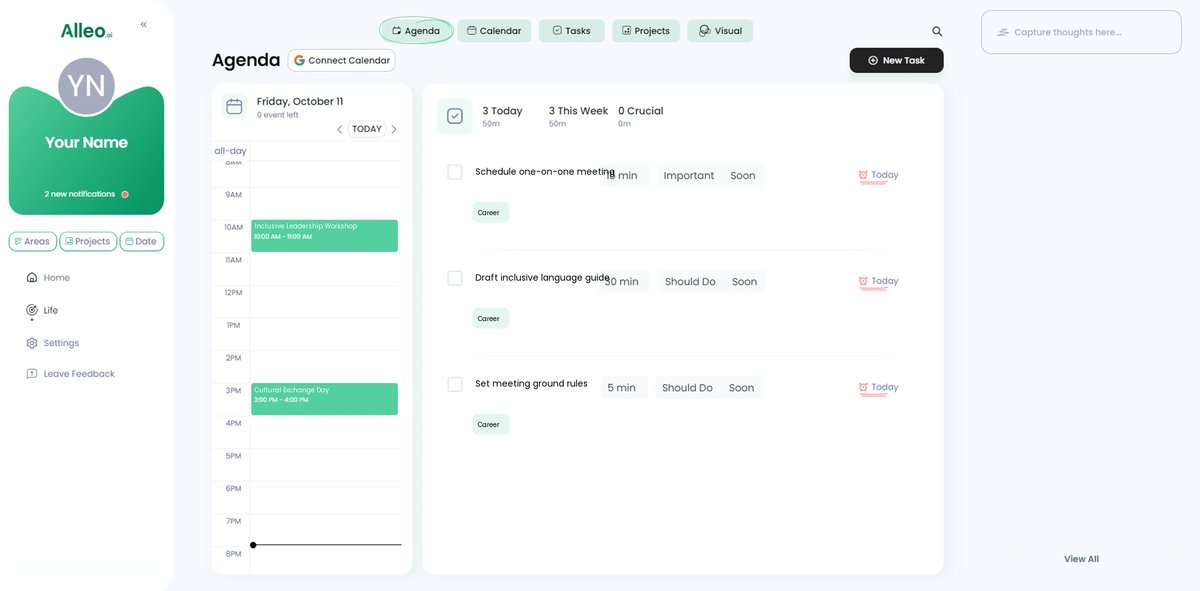Develop Inclusive Leadership Skills: Transform Your Diverse Team
Imagine a classroom where diverse voices are silenced, and team cohesion is a distant dream. What if the key to transforming this scenario lies in developing inclusive leadership skills?
As a life coach, I’ve helped many educators navigate these challenges. I’ve seen firsthand the transformative power of inclusive leadership skills development in creating an equitable work environment.
In this article, you’ll discover strategies to foster an inclusive environment, enhancing both team unity and student outcomes. We’ll explore cross-cultural communication strategies and ways to build psychological safety in diverse teams.
Let’s dive into inclusive leadership skills development.

Understanding the Challenges of Inclusive Leadership
Developing inclusive leadership skills is no easy feat. Many educators struggle to unify diverse teams due to inherent biases and misunderstandings, highlighting the need for unconscious bias training for leaders.
Without inclusive leadership skills development, team unity suffers, leading to poor student outcomes and a lack of innovation in creating an equitable work environment.
Common pitfalls include failing to recognize biases and not actively seeking diverse viewpoints, which are crucial for inclusive decision-making processes.
In my experience, fostering an inclusive environment requires intentional effort and continuous learning, particularly in cross-cultural communication strategies.
It’s critical to address these challenges head-on to build a cohesive, high-performing team and foster a culture of belonging.
Let’s explore how we can tackle these issues together, empowering underrepresented team members and building psychological safety in diverse teams.

A Roadmap to Cultivating Inclusive Leadership Skills
Overcoming this challenge requires a few key steps. Here are the main areas to focus on to make progress in inclusive leadership skills development.
- Practice Active Listening and Empathy: Regular one-on-one meetings and empathy-building exercises help understand diverse perspectives and foster a culture of belonging.
- Conduct Unconscious Bias Training Workshops: Quarterly workshops and safe spaces for open discussions address biases, supporting diversity and inclusion in the workplace.
- Implement Inclusive Communication Strategies: Develop guidelines for inclusive language and diverse communication channels to enhance cross-cultural communication strategies.
- Create Mentorship Programs for Diverse Teams: Pair experienced leaders with newer team members from diverse backgrounds, empowering underrepresented team members.
- Foster Psychological Safety in Team Meetings: Establish ground rules for respectful dialogue and encourage idea sharing, building psychological safety in diverse teams.
- Develop Cultural Intelligence Through Exposure: Organize cultural exchange events and competency workshops to support inclusive leadership skills development and intersectionality in leadership development.
Let’s dive in!
1: Practice active listening and empathy
Active listening and empathy are crucial for understanding and valuing diverse perspectives within your team, forming the foundation of inclusive leadership skills development.
Actionable Steps:
- Schedule regular one-on-one meetings with team members to hear their concerns and feedback directly, fostering a culture of belonging.
- Facilitate empathy-building exercises, such as role-playing scenarios, to help team members understand each other’s experiences and improve cross-cultural communication strategies.
- Use reflective listening techniques in team meetings to validate and acknowledge each member’s input clearly, supporting inclusive decision-making processes.
Explanation:
These steps matter because they foster a sense of belonging and trust within the team. By actively listening and demonstrating empathy, you create an equitable work environment where everyone feels valued and heard.
This approach not only enhances team cohesion but also drives innovation and productivity. According to Online Safety Trainer, inclusive leaders significantly improve team performance and collaboration.
Key benefits of practicing active listening and empathy:
- Builds stronger relationships within the team
- Encourages open and honest communication, essential for diversity and inclusion in the workplace
- Improves problem-solving and decision-making
Practicing these strategies regularly builds a strong foundation for inclusive leadership skills development and helps in building psychological safety in diverse teams.

2: Conduct unconscious bias training workshops
Conducting unconscious bias training workshops is crucial for creating a truly inclusive team environment and developing inclusive leadership skills.
Actionable Steps:
- Organize quarterly workshops that focus on identifying and addressing unconscious biases. These workshops should be interactive and involve all team members, fostering a culture of belonging.
- Create a safe space for open discussions about biases and their impact on team dynamics. Encourage honesty and vulnerability during these sessions to build psychological safety in diverse teams.
- Encourage team members to share personal stories and experiences related to bias. This approach fosters understanding and empathy within the team, promoting cross-cultural communication strategies.
Explanation: Unconscious bias training workshops help educators recognize and mitigate their biases, which is essential for fostering an inclusive environment. By addressing biases head-on, you create a more equitable work environment and harmonious team.
According to Forbes, inclusive leadership can drive creativity, engagement, and productivity.
These workshops lay the groundwork for meaningful change and improved team dynamics, supporting diversity and inclusion in the workplace.

3: Implement inclusive communication strategies
Inclusive communication strategies are crucial for inclusive leadership skills development, ensuring that all voices are heard and valued within the team.
Actionable Steps:
- Develop and enforce guidelines for inclusive language in all communications. Ensure these guidelines are accessible to all team members, promoting diversity and inclusion in the workplace.
- Use diverse communication channels such as email, chat, and face-to-face meetings to reach everyone effectively, incorporating cross-cultural communication strategies.
- Regularly solicit feedback on communication practices and make necessary adjustments to improve inclusivity and foster a culture of belonging.
Explanation: These steps matter because they create a more equitable work environment where everyone feels valued and heard, supporting inclusive leadership skills development.
According to SCORE, inclusive communication fosters trust and transparency within teams. This approach helps in building strong relationships and enhancing team cohesion, essential for creating psychological safety in diverse teams.
Key elements of inclusive communication:
- Using gender-neutral language to support inclusive decision-making processes
- Avoiding cultural assumptions through unconscious bias training for leaders
- Providing accommodations for diverse needs, empowering underrepresented team members
Let’s move on to creating mentorship programs that support diverse teams.

4: Create mentorship programs for diverse teams
Creating mentorship programs for diverse teams is essential to support growth and leverage diverse perspectives, contributing to inclusive leadership skills development.
Actionable Steps:
- Establish a mentorship matching system that pairs experienced leaders with newer team members from diverse backgrounds. Ensure clear goals and regular check-ins, fostering a culture of belonging.
- Set clear expectations for mentorship programs, including progress assessments and feedback loops. Use these to track the success and impact of the program, aiding in measuring and improving diversity, equity, and inclusion (DEI) initiatives.
- Provide training for mentors on how to support and uplift mentees effectively. This includes cultural competency, cross-cultural communication strategies, and active listening skills.
Explanation: These steps matter because they foster a supportive environment where all team members feel valued and empowered. Mentorship helps bridge gaps in experience and perspective, promoting a cohesive and innovative team while building psychological safety in diverse teams.
According to SCORE, effective communication and mentorship significantly enhance team collaboration and productivity.
Next, let’s explore how fostering psychological safety can further support your team’s success and contribute to inclusive leadership skills development.
5: Foster psychological safety in team meetings
Fostering psychological safety in team meetings is crucial for building trust and encouraging open dialogue among team members, which is a key aspect of inclusive leadership skills development.
Actionable Steps:
- Begin each meeting with a check-in to gauge team members’ comfort levels and address any concerns. This helps create a welcoming atmosphere and supports diversity and inclusion in the workplace.
- Establish ground rules for respectful and open dialogue. Ensure all team members understand and agree to these guidelines, promoting cross-cultural communication strategies.
- Encourage team members to share their ideas and opinions without fear of judgment or reprisal. Use positive reinforcement to support contributions, fostering a culture of belonging.
Explanation:
These steps matter because they create a supportive environment where everyone feels safe to express themselves. This approach enhances team collaboration and innovation, building psychological safety in diverse teams.
According to Forbes, psychological safety is a key factor in fostering inclusive leadership and driving team success.
By implementing these strategies, you build a foundation for a thriving, inclusive team, contributing to creating an equitable work environment.

6: Develop cultural intelligence through exposure
Developing cultural intelligence through exposure is vital for understanding and working effectively with diverse team members, a key aspect of inclusive leadership skills development.
Actionable Steps:
- Organize cultural exchange events where team members can share their backgrounds and traditions. These events can include food tasting, storytelling, and cultural performances, fostering a culture of belonging.
- Encourage participation in cultural competency workshops and training sessions. These workshops should cover various cultural norms and practices to enhance understanding and improve cross-cultural communication strategies.
- Promote the use of resources such as books, articles, and documentaries that highlight different cultures. Share these resources regularly in team communications to support diversity and inclusion in the workplace.
Explanation:
These steps matter because they help team members appreciate and understand different cultural perspectives. This understanding fosters a more inclusive and cohesive team environment, essential for creating an equitable work environment.
According to LifeLabs Learning, developing cultural intelligence is crucial for inclusive leadership and team success.
Benefits of cultural intelligence in the workplace:
- Enhanced global business acumen
- Improved cross-cultural communication
- Increased team creativity and innovation
By implementing these strategies, you build a foundation for a thriving, inclusive team and promote inclusive leadership skills development.

Partner with Alleo on Your Inclusive Leadership Journey
We’ve explored the challenges of fostering inclusive leadership skills development in diverse teams. But did you know you can work directly with Alleo to make this journey easier and faster?
Start by setting up an account on Alleo. Create a personalized plan tailored to your inclusive leadership goals, focusing on diversity and inclusion in the workplace.
Alleo provides full coaching sessions, just like a human coach, to tackle specific challenges like cross-cultural communication strategies and unconscious bias training for leaders.
Alleo follows up on your progress, handles changes, and keeps you accountable in creating an equitable work environment. You’ll receive text and push notifications for regular updates on your inclusive leadership skills development.
Ready to get started for free and begin empowering underrepresented team members?
Let me show you how to foster a culture of belonging!
Step 1: Log In or Create Your Account
To begin your inclusive leadership journey with Alleo, log in to your account or create a new one to access personalized coaching and guidance tailored to your team’s diversity needs.

Step 2: Choose Your Inclusive Leadership Goal
Select “Setting and achieving personal or professional goals” to focus your efforts on developing specific inclusive leadership skills that will help you foster a more diverse and cohesive team environment. By choosing this goal, you’ll be able to address the challenges outlined in the article and work towards implementing strategies like active listening, bias training, and inclusive communication to transform your leadership approach.

Step 3: Select “Career” as Your Focus Area
Choose “Career” as your focus area to develop inclusive leadership skills that will enhance team cohesion, improve student outcomes, and advance your professional growth in education.

Step 4: Starting a coaching session
Begin your inclusive leadership journey with an intake session in Alleo, where you’ll discuss your goals and challenges to create a personalized plan for developing your skills in fostering diversity and team cohesion.

Step 5: Viewing and managing goals after the session
After your coaching session on inclusive leadership, check the Alleo app’s home page to view and manage the goals you discussed, allowing you to track your progress and stay accountable on your journey to becoming a more inclusive leader.

Step 6: Adding events to your calendar or app
Use Alleo’s calendar and task features to schedule and track your inclusive leadership activities, such as team meetings, cultural events, and mentorship sessions, helping you stay organized and accountable in your journey towards fostering a more inclusive team environment.

Wrapping Up Your Inclusive Leadership Journey
As you can see, fostering inclusive leadership skills development is both challenging and rewarding.
By practicing active listening, conducting unconscious bias training for leaders, and implementing cross-cultural communication strategies, you pave the way for team success.
Creating mentorship programs, fostering psychological safety in diverse teams, and developing cultural intelligence are also key steps in diversity and inclusion in the workplace.
These strategies build a cohesive, innovative, and diverse team while creating an equitable work environment.
Remember, you’re not alone on this journey of inclusive leadership skills development.
Alleo can support you every step of the way, offering personalized coaching and guidance for empowering underrepresented team members.
Start your inclusive leadership transformation today and improve your diversity, equity, and inclusion (DEI) initiatives.
Try Alleo for free and see the difference it makes in fostering a culture of belonging.
You’ve got this!